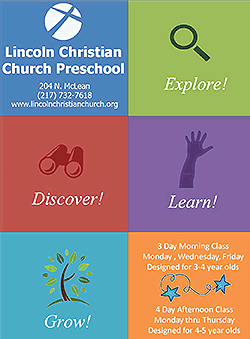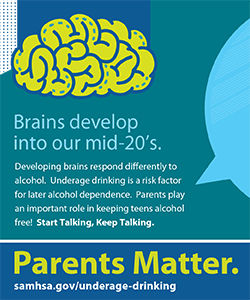Students
explore 'Food Safety'
By Dr. Penny Haase
Wittler, Agri Science Educator, Agriculture Science
Department introduces Food Safety to LCHS curriculum for
2017-2018 school year
 Send a link to a friend
Send a link to a friend
[March 08, 2017]
Food
safety has become an important national focus, especially in the
past decade. Each year, approximately one sixth of the U. S.
population has mild to severe illnesses caused by pathogens in food
— and more than 3,000 people die from them (USDA Statistics Service,
2015). |
|
|
 Learning food (safety) science will enable students to better
understand decisions and practices that may affect their personal
health as well as the health of family members, friends, etc. It
will encourage them to step up to the plate and take an active role
in preventing foodborne illness. Understanding the relationship
between science and food will help students reach goals they make in
their lifetimes and may provide a prosperous career in this
important field of study. Learning food (safety) science will enable students to better
understand decisions and practices that may affect their personal
health as well as the health of family members, friends, etc. It
will encourage them to step up to the plate and take an active role
in preventing foodborne illness. Understanding the relationship
between science and food will help students reach goals they make in
their lifetimes and may provide a prosperous career in this
important field of study.
The Illinois State Board of Education has endorsed Food Science
courses to be implemented (if approved) into the existing
agricultural science education programs in Illinois. Learning
standards and quality indicators may be found at ISBE.net as well as
MyCAERT that correlate with the science, English, and mathematics
learning standards for Illinois secondary schools. This course also
complies with the National Agricultural Science standards that were
recently revised in 2014.

Course description
The Food Science year-long course is designed to investigate the
relationships among science, food and nutrition. Basic laws of
chemistry, microbiology, and physics will be applied to the
production, processing, preservation, and packaging of food.
Students will explore the characteristics of each component found in
food. They will examine the helpful and harmful effects of
microorganisms on food supply at the local, state, national, and
international levels.
Emphasis is on research and experimentation that will enhance
students’ teamwork skills, critical thinking, and problem-solving
skills. Students’ knowledge in applied basic mathematics and
technical writing skills will be enhanced as well by applying them
to real-world food issues.
The course would be open to sophomore, junior and senior students.
The following topical outline will be used for this course:
Unit 1: The Science of Food (3-4 weeks)
Unit 2: Basic Chemistry (4-5 weeks)
Unit 3: Organic Chemistry: The Macronutrients (6-7 weeks)
[to top of second column] |

Unit 4: Food Chemistry: The Microcomponents (6-7 weeks)
Unit 5: Food Microbiology: Living Organisms in Food (2-3 weeks)
Unit 6: Food Preservation & Packaging (4-5 weeks)
Unit 7: Working with Complex Food Systems (4-6 weeks)
Students will use the Principles of Food Science by Ward, J.D,
(2015); Goodheart-Wilcox Company, Inc. Tinley Park for textbook,
with lessons and laboratory activities supplied by MyCAERT
www.mycaert.com
Students would also learn the use the following resources for
reference:
U.S. Food and Drug Administration, Washington D.C.
http://www.fda.gov/
U.S. Department of Agriculture, Washington D.C.,
http://www.usda.gov/
U.S. Agriculture Research Service, Washington D.C.,
http://ars.gov/
|